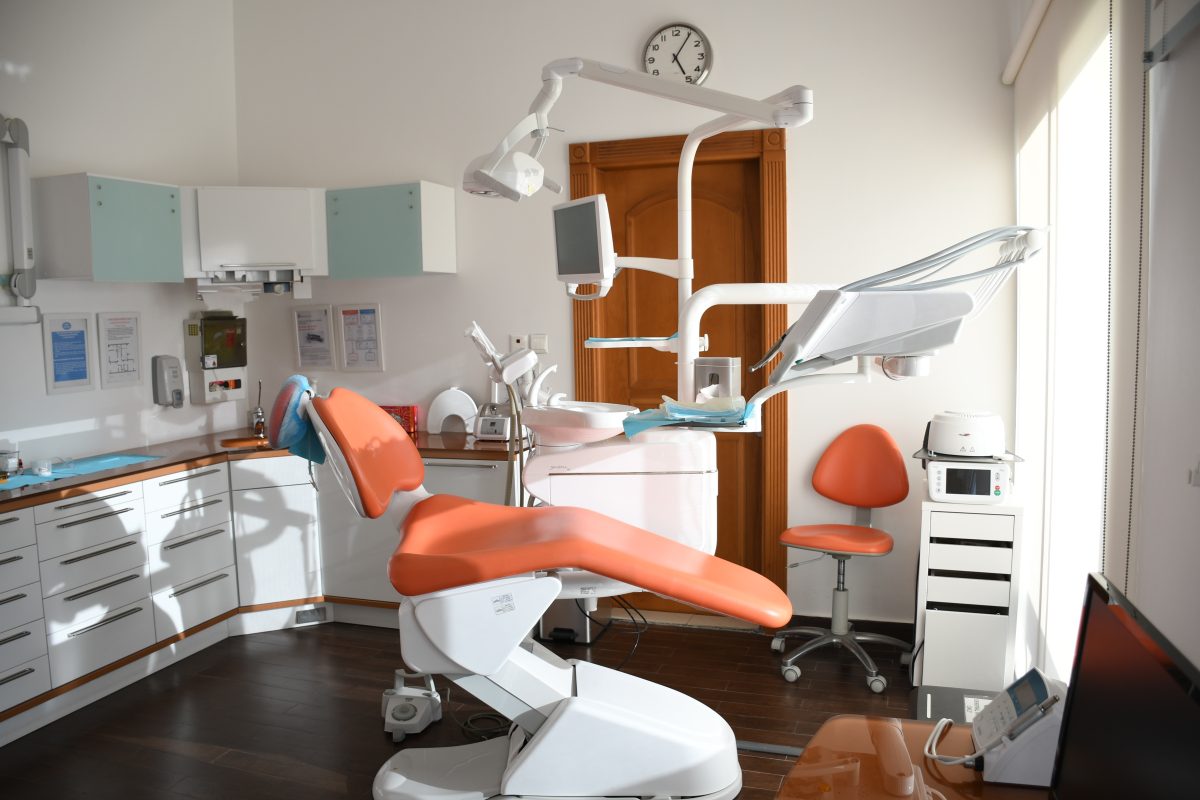It is generally expected that dental professionals will continue to develop their clinical and non-clinical skills throughout their careers. Any workplace or dental environment that takes this seriously, both encouraging and supporting such skill reinforcement, is a workplace that will be both valued and favoured.
As a dental practice manager, you may have oversight for your whole team of dental staff, including others that might be involved in the dental care of patients. The dental team and the patients often look to the practice itself, which includes managers or supervisors, to maintain a team of a dental professionals that is both capable and skilled, and maintain a practice that is hygienic and high quality.

One of the most important aspects of managing a team and improving their working practices is to understand the skills they have and which skills still need to be developed. Taking note of how each team members’ skillset can be beneficial to other members is also something to consider when managing staff – how one skill can complement another.
Understanding The Skills and Practice of the Team
The General Dental Council has a Scope of Practice which outlines the skills and abilities that is expected of every group of registrants. It’s likely that most, if not all, dental professionals will be familiar with such a document.
Of course, the scope of practice of all dental professionals won’t always be the same – it is expected to change over time through their career because of changes in practice or dentistry technology improving. It can even change through training that they undertake to increase skills and abilities as a professional.
For this reason, it doesn’t list absolutely every skill or ability expected ever. But it does distinguish between the multiple roles within a dental team, from dental nurse, dental technician, dental hygienist and dental surgeon.
Those who are responsible for dental professionals can use the scope of practice to understand what their staff should or could be doing, as well as state what is not permitted and which tasks are reserved for which roles. It helps managers or anyone overseeing a team to understand how they can use the skills of their team legally most effectively.
The most successful teams are often the ones with well-developed, complementary and diverse skills and abilities.
Likewise, if a treatment is outside of a dental professional’s scope of practice, they shouldn’t be performing it. Instead, they should receive the training to perform such a treatment, learning the right skills to do so to a high standard. This fosters an environment where professionals don’t feel discouraged by not having a particular skill but rather encouraged to learn something new. It also allows the workplace to perform better as it uses the diversity of skills across the whole team within a practice.
Continuing Professional Development (CPD)
The GDC (General Dental Council) also requires any and every dental professional on their register to continue to learn and develop their skills – that are relevant to their field of practice. This is known as continuing professional development (CPD). It’s required of them to do such thing because it is essential that they must keep their knowledge, skills, and, therefore, competence up to date.
Keeping up to date means that the dental professionals are always aware and providing their services to patients safely, assuring the GDC of the same thing. This is something that is always expected of dental professionals by patients.
Employers, managers, and those involved with overseeing a team of staff, are responsible for dental professionals, and have their own expectations of standards that need to be adhered to, and values of the practice that should be upheld. To get the most out of their staff, it’s greatly beneficial for employers or managers to review the CPD goals, and how they can be linked with the practice’s own management system. Especially considering many elements of CPD will overlap with expectations of employers and managers.
Get in Touch with HR Advice Specialists
Metis HR are specialists in providing HR advice that is uniquely tailored to the specific needs of you and your business. We’ll work with you in order to reach a considered decision that is the most suitable for your business. If you’re unsure about what to do or want to know more about the services we offer, just get in touch with the experts at Metis HR.
Send us a message via info@metishr.co.uk to discuss the next move for your business with us. Alternatively, if you would prefer to speak directly to an experienced HR Consultant, call us on 01706 565 332. We look forward to hearing from you.

